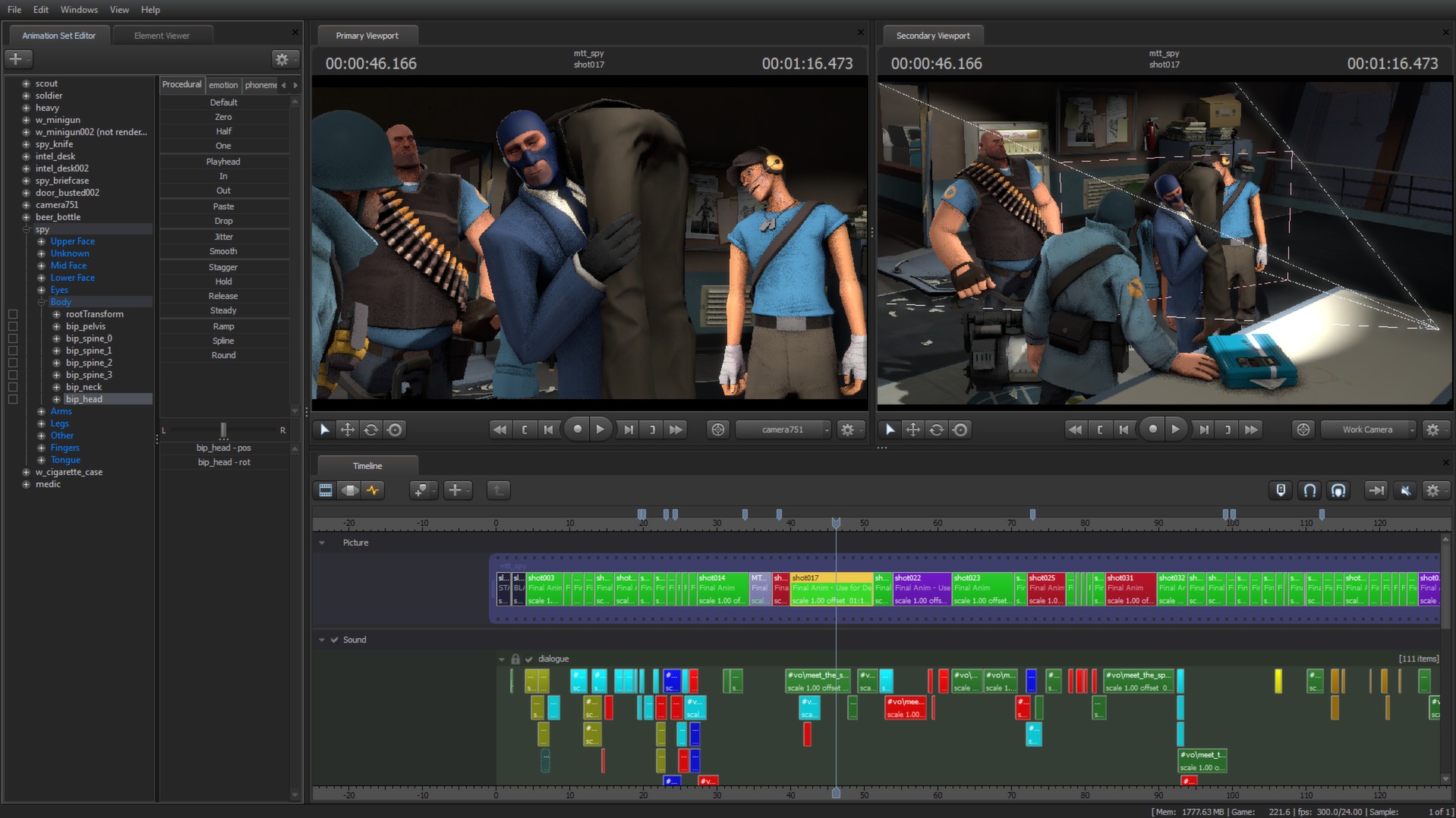

But its gentle satire of protest is also its appeal, especially when Chalamet's dubious radical becomes the poster-boy for pre-packaged dissent. With its parodic, pee-wee posturing – the student uprising's slogan translates to "the children are grumpy" – and cutesy reimagining of May 68, this segment may well irritate audiences for whom the revolution will not be stylised.


Godard by way of Rushmore (1998), Revisions to a Manifesto is a fleet and funny homage to (among other things) 60s European New Wave cinema, with Dune star Timothée Chalamet – all douchey moustache, cigarillo and shock of crazy hair – in his element as a pretentious student torn between his affections for an older writer (Frances McDormand) and a peer (Lyna Khoudri) who's leading a campus revolt. The French Dispatch’s ensemble cast features many actors from the director’s past films, including Saoirse Ronan, Edward Norton, Willem Dafoe and Bob Balaban (pictured). The location is Paris – or rather Ennui-sur-Blasé, as it's drolly named here – and the time is a vaguely mythologised 'past', introduced by a beret-wearing flâneur (Owen Wilson) who cycles about town in a sequence that could be a vintage aperitif poster come to life.Īs usual it's all fastidiously calibrated, full of precision zooms and lateral tracking shots, intricate architectural cross-sections and stories nesting within stories – an approach that only seems to have intensified since The Grand Budapest Hotel (2014), whose parenthetical narratives and slippery aspect ratios return here in abundance. (His character is inspired by foundational New Yorker editors Harold Ross and William Shawn.) It begins on an elegiac note, with the impending dissolution of the magazine and tributes for its beloved editor (Bill Murray), a tough, old-school boss who protects and nourishes his writers even as he points to the "No Crying" sign prominently displayed above his office door. Wes Anderson has read The New Yorker since he was 16, and now owns a collection of bound volumes of the magazine going back to the 40s.


 0 kommentar(er)
0 kommentar(er)
